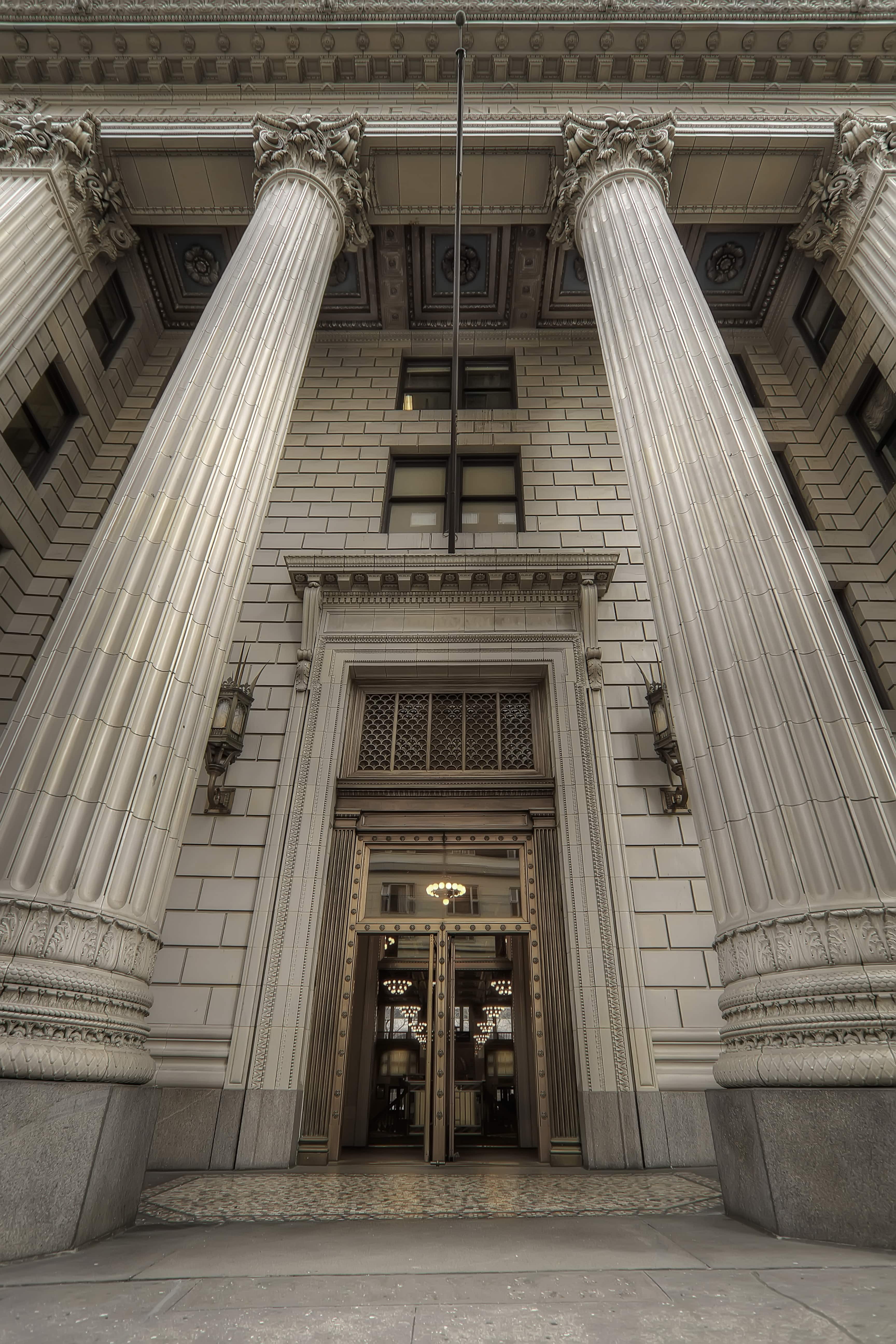For companies that are undecided as to whether they should self-disclose the existence of a bribery scheme that violates the Foreign Corrupt Practices Act (FCPA), the U.S. Department of Justice (DOJ) has now provided an incentive in the form of a one-year pilot program. This offers lower fines and the promise of prosecutorial leniency for those companies that voluntarily admit wrongdoing.
In a wide-ranging memorandum from the DOJ’s Fraud Section of the Criminal Division, the department provided an update on efforts to enhance its approach to FCPA enforcement. The update includes a 50 percent increase in the number of prosecutors assigned to the FCPA unit, continued cooperation with foreign law enforcement, and importantly, the creation of a one-year pilot program to encourage self-disclosure.
Andrew Weissmann, Chief of the Fraud Section and author of the memo, notes that the primary goal of the newly launched pilot program is to “promote greater accountability for individuals and companies that engage in corporate crime by motivating companies to voluntarily self-disclose, fully cooperate with the Fraud Section, and where appropriate, remediate flaws in their controls and compliance programs.”
To the informed observer, the reduction in fines detailed in the memo provides clarity regarding the DOJ’s approach to discounting fines. As the memo notes, the Fraud Section has “historically provided” reductions in fines for companies that “self-disclose misconduct, fully cooperate with a criminal investigation, and timely and appropriately remediate.” While the pilot program does remove some of the mystery regarding how companies “earn” a fine reduction, it does not represent a material change in the magnitude of the discount available for companies that find themselves subject to prosecution, yet ready to cooperate.
For companies that voluntarily self-disclose, prosecutors may provide a 50% reduction from the bottom fine detailed in the Sentencing Guidelines. Further, under this scenario, prosecutors would not require the appointment of a monitor if the company has, at the time of resolution, already implemented an effective FCPA compliance program.
How do companies receive credit under the pilot program?
The pilot program details two paths for companies to receive credit. For companies that do not voluntarily disclose, prosecutors will provide a maximum reduction of 25% from the bottom fine detailed in the Sentencing Guidelines.
DOJ Launches Pilot Program to Encourage Voluntary Self-Disclosure of FCPA Violations For companies that voluntarily self-disclose, prosecutors may provide a 50% reduction from the bottom fine detailed in the Sentencing Guidelines.
For companies that voluntarily self-disclose, prosecutors may provide a 50% reduction from the bottom fine detailed in the Sentencing Guidelines. Further, under this scenario, prosecutors would not require the appointment of a monitor if the company has, at the time of resolution, already implemented an effective FCPA compliance program.
Further, under this scenario, prosecutors would not require the appointment of a monitor if the company has, at the time of resolution, already implemented an effective FCPA compliance program.Regardless of whether a company voluntarily or involuntarily discloses misconduct, in order to receive credit under the program, a company must fully cooperate and implement timely and appropriate remediation of their compliance program’s deficiencies.
What does this mean for your compliance program?
In order to self-report and satisfy the conditions detailed in the pilot program, companies need to have a functioning compliance program already in place or have the means to deploy, in a timely manner, a risk-based program with the functions and features that would meet regulatory expectations.
In today’s regulatory environment, implementing a credible and defensible FCPA compliance program requires more than just risk-based due diligence of third parties. While conducting initial investigations of third parties serves as a fundamental building block for an effective program, companies must also demonstrate their ongoing commitment to managing and monitoring for compliance risk throughout the entire third-party lifecycle. By constantly monitoring their third-party relationships, companies create defensible compliance programs with the means to illuminate wrongdoing and demonstrate that controls are in place to resolve misconduct.
Is third-party compliance just as critical as it was before the pilot program?
Notwithstanding the newly created pilot program, existing Principles of Federal Prosecution of Business Organizations and the United States Sentencing Commission Guidelines still stand. The pilot program merely provides a formalized mechanism to receive credit.
Regardless of a company’s ability to meet the criteria detailed under the pilot program, withstanding any amount of regulatory scrutiny requires a comprehensive FCPA program that addresses previous deficiencies, reflects best practices for compliance, and minimizes the potential for subsequent violations.
Whether the DOJ’s program results in more companies “dropping the dime” on their own illegal activity, it will become apparent in the next 12 months. Nevertheless, its existence as a pilot further reaffirms the U.S. government’s stance on bribery and corruption and its determination to prosecute companies and individuals for illegal activity. It also reinforces the need for an effective third-party compliance program that positions a company to withstand regulatory scrutiny when called on to do so.
 Back to Insights
Back to Insights



